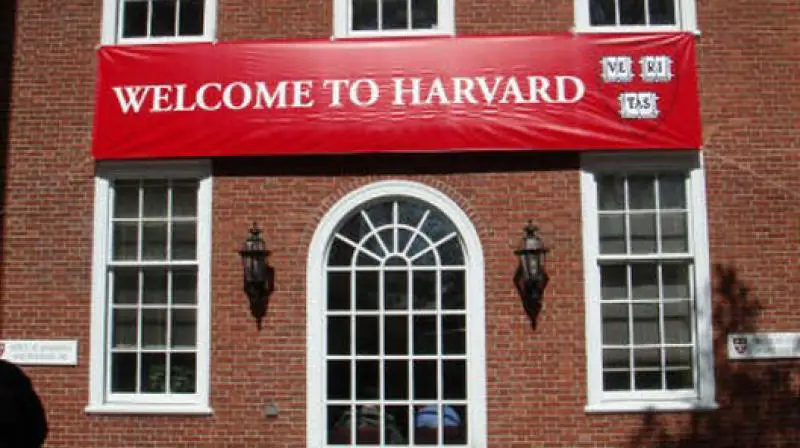A new rule proposed by the Environmental Protection Agency (EPA) on scientific “transparency” has come under fire from the faculty members at Harvard University.
The Harvard faculty fears that the rule would sharply limit medical and scientific knowledge that “underlies a host of EPA regulations that protect human health.”
“The EPA’s push to require studies to reveal the material that supports their conclusions would bar the best available science from being considered in the regulatory process,” reads the letter signed by 96 leaders and faculty members at Harvard, including its President Larry Bacow.
Strengthening Transparency in Regulatory Science rule was proposed by the EPA in April to ensure that the scientific information is available publicly for independent validation and push for a fully transparent regulatory science.
“The era of secret science at EPA is coming to an end,” EPA Administrator Scott Pruitt said in a statement. “The ability to test, authenticate, and reproduce scientific findings is vital for the integrity of the rulemaking process. Americans deserve to assess the legitimacy of the science underpinning EPA decisions that may impact their lives.”
Renee Salas, a signatory of the letter and a researcher at the Harvard Global Health Institute, said, “Most human health studies contain protected health information. This rule threatens the bedrock of what the medical community stands for. … From my physician/researcher perspective, this proposed rule threatens the health of all of us.”
While Francine Laden a professor at the Harvard Chan School believes that having data available for anybody to look at does not guarantee validity.
“It does not get at what they’re trying to do. Having data available for anybody to look at does not guarantee you have validity,” Laden said.
The letter also cited numerous legal deficiencies and has urged EPA to withdraw the draft rule.

